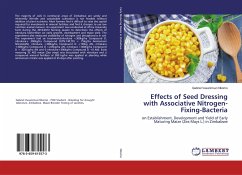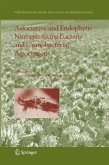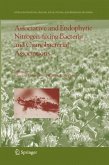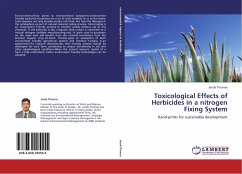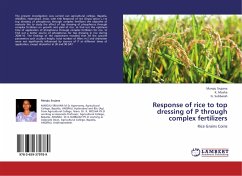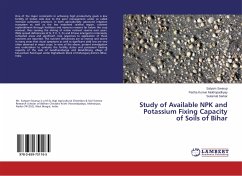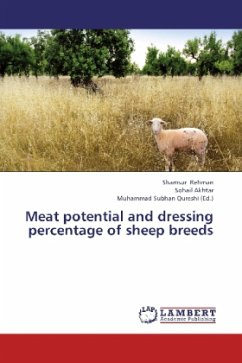The majority of soils in communal areas of Zimbabwe are sandy and inherently infertile and sustainable cultivation is not feasible without addition of plant nutrients. Most farmers find it difficult to raise the capital required for investments in mineral fertilizer and find it cheaper to use low nutrition animal manure. An experiment was conducted at Africa University Farm during the 2012/2013 farming season to determine the effects of nitrokara biofertiliser on early growth, development and maize yield. The experiment also measured availability of nitrogen and phosphorous in soil. The experiment had six treatments(nitrokara +300kg/ha Compound D, nitrokara+ 300kg/ha Compound D(7N;14P;7K) + 75kg/ha Ammonium Nitrate(AN), nitrokara +300kg/ha Compound D +150kg AN, nitrokara +300kg/ha Compound D +225kg/ha AN, nitrokara +300kg/ha Compound D + 300 kg/ha AN and 0 nitrokara+300kg/ha Compound D +0 AN). Early maturing SC 403 maize (Zea mays) was inoculated with nitrokara and a compound mineral fertilizer at 300 kg/ha was applied at planting while ammonium nitrate was applied at 45 days after planting.

